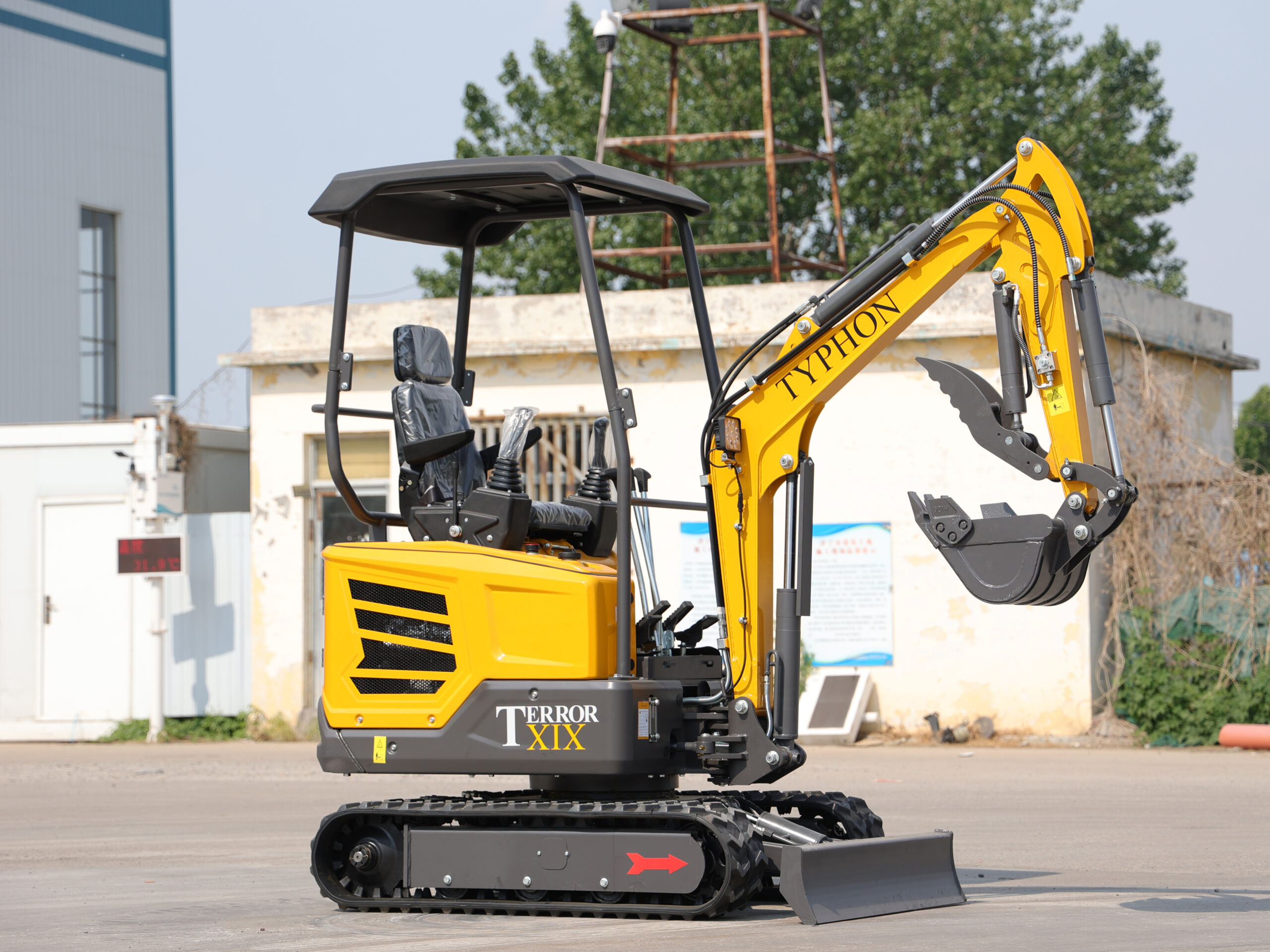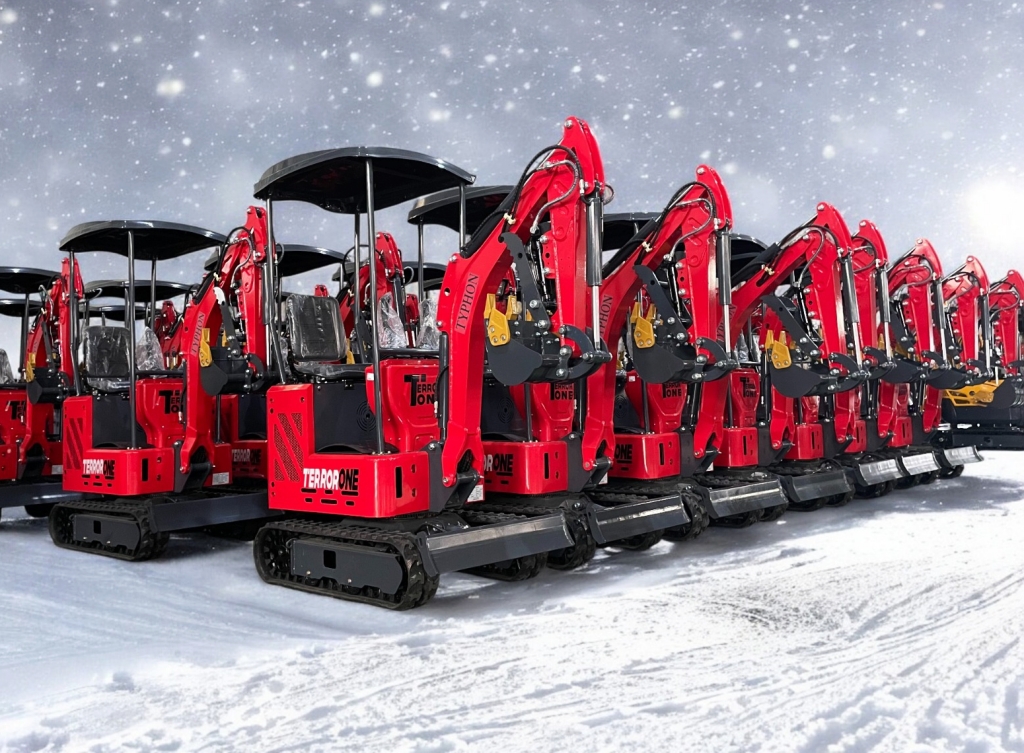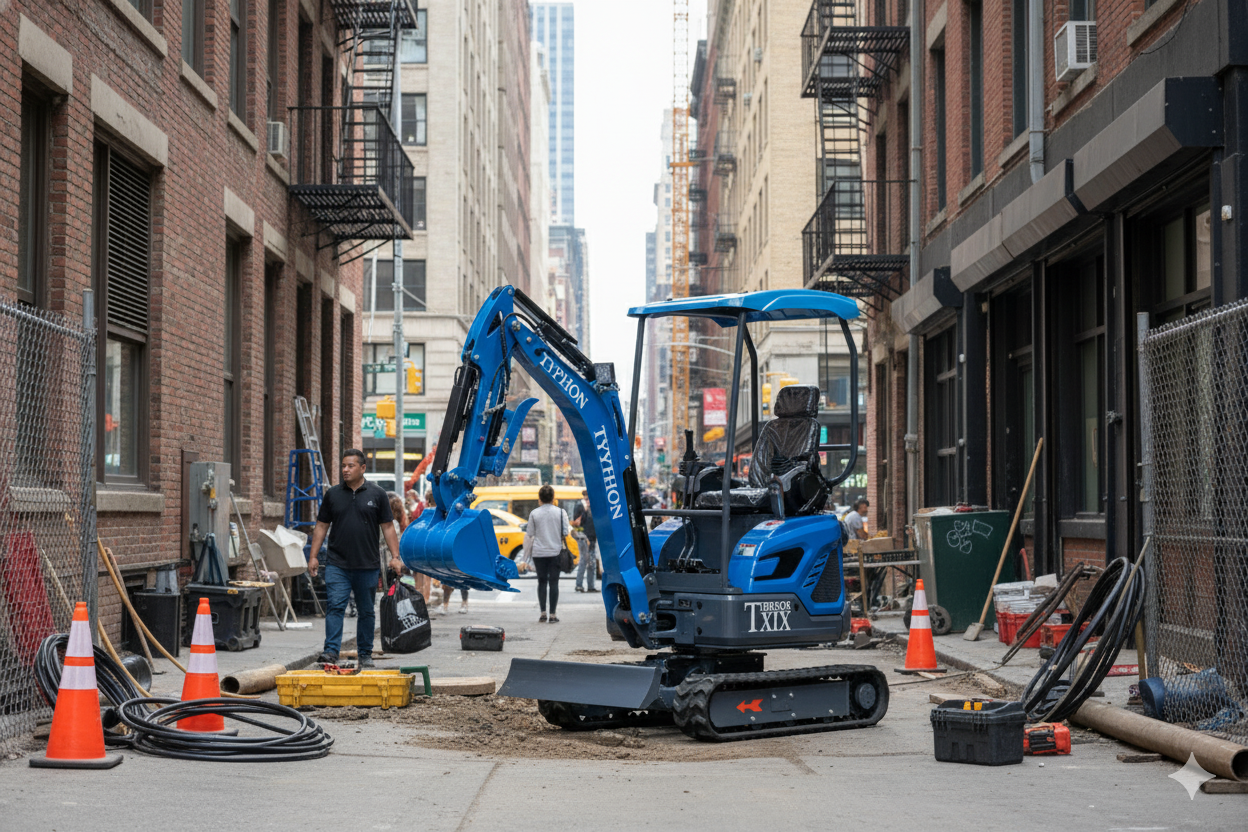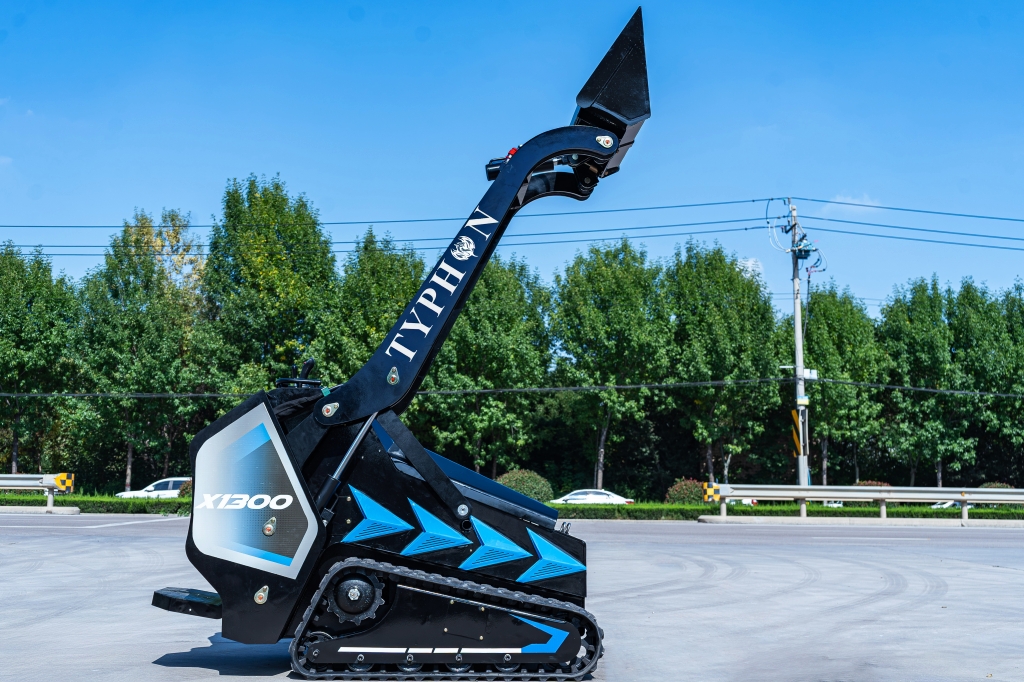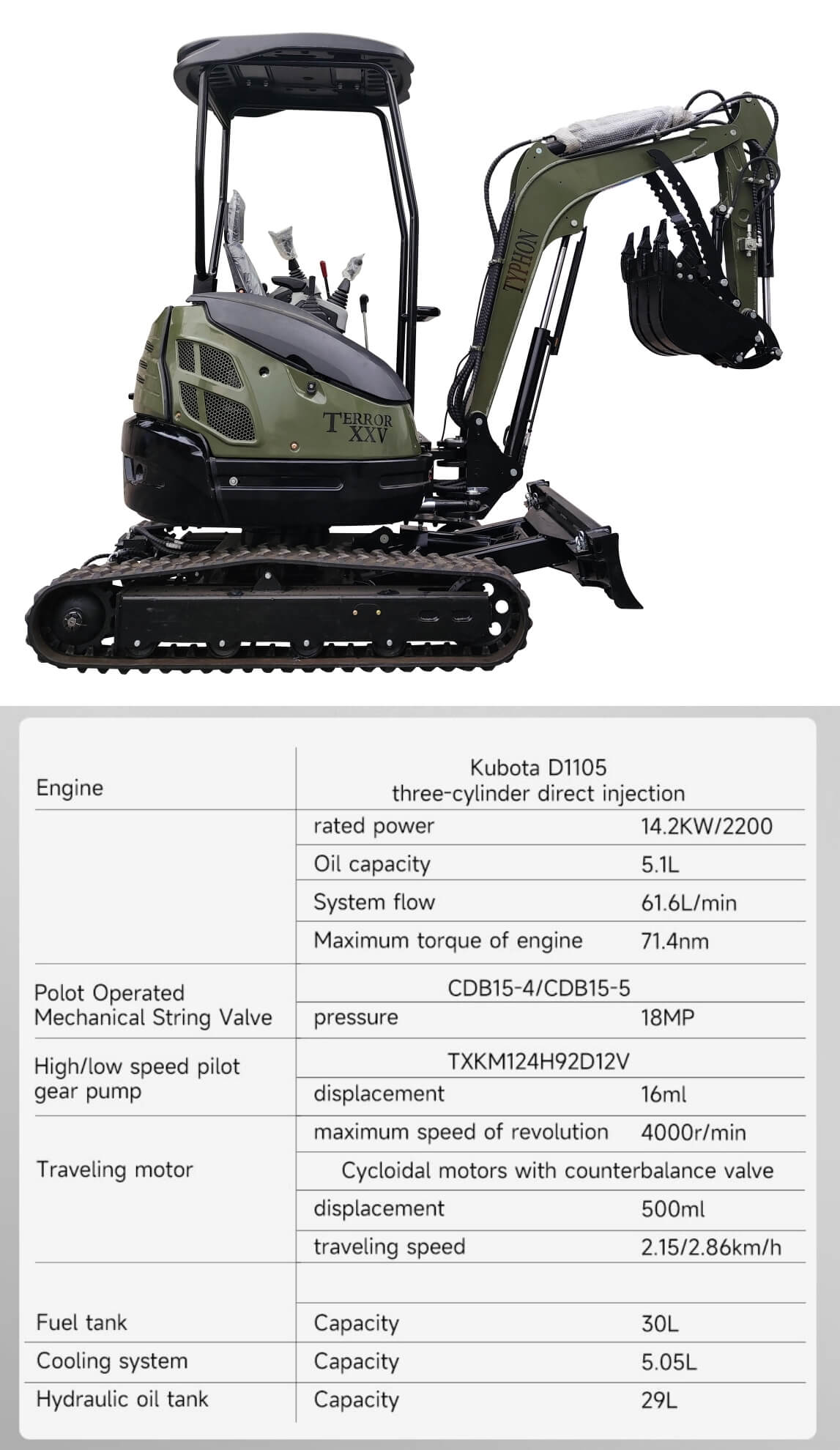Table of Contents
ToggleIntroduction
Essential equipment in building, gardening, and even ambitious do-it-your-own tasks are mini excavators. Renowned for their adaptability and effectiveness, these little machines are a preferred choice in many different sectors.
Mini excavators, like any piece of heavy machinery, however, must be handled carefully and according to safety standards to provide safe working conditions.
Whether you are a seasoned construction professional, avid do-it-yourselfer, or committed safety officer, this blog article will go over 10 essential safety precautions any operator should know.
The Importance of Safety with Mini Excavators
Running mini excavators has inherent dangers and possible hazards. Though smaller than their full-sized equivalents, these devices may inflict major harm and injuries if improperly used.
Not only does safety safeguard the operator but also guarantees everyone else’s welfare on-site. Mini excavator accidents could cause serious injuries, project delays, and expensive damages. For anybody operating near these strong devices, then knowledge of and use of safety precautions is very vital.
Always Wear Appropriate Safety Gear
Operating a small excavator requires the first line of protection against accidents to be personal protective equipment (PPE). This covers donning steel-toed boots, safety glasses, high-visibility vests, and hard helmets. Gloves might also be required depending on the current work at hand. Good PPE guarantees operators’ visibility and protection from various possible threats, such as falling debris. Before beginning any activity, it is imperative to make sure all safety equipment fits correctly and is in excellent state.
Conduct a Thorough Inspection Before Each Use
A thorough equipment check is very necessary before running a small excavator. Look for any wear or damage like worn-out tracks, loose nuts, or leaking fluids. Check the alarms, lights, and controls to be sure they are running as they should. By helping to find possible problems before they become major ones, a comprehensive inspection helps to lower the chance of mishaps and equipment breakdown.
Ensure Proper Training for Operators
Running a small excavator calls both expertise and dexterity. All operators should receive appropriate training so they may grasp the controls, features, and restrictions of the equipment. Safety precautions and emergency actions should also be taught. Ensuring operators’ proper training helps you to avoid mishaps and raise the general worksite’s efficiency.
Maintain a Safe Distance from Power Lines and Other Hazards
Operating a mini-excavator has one of the most major risks: unintentionally running across subsurface utilities or electricity wires. Following the advised clearance recommendations helps one to keep a safe distance from these threats. Get utility companies to indicate the sites of subterranean wires before beginning any excavation. Your awareness of your surroundings will help to greatly lower your chance of mishaps with these dangers.
Use Caution When Lifting Heavy Loads
Although mini excavators can manage different lifting jobs, operators have to use caution and respect weight restrictions. Overloading the machine runs the danger of tipping, damaging equipment, and causing injuries. When lifting, always use the correct attachment; also, make sure the load is balanced and secure. Additionally crucial is careful lifting of weights and avoidance of abrupt motions that can cause machine instability.
Beware of Blind Spots and Always Use Spotters
Like any heavy machinery, mini excavators have blind zones that might conceal persons or objects. Aware of these blind areas, operators should employ cameras and mirrors to increase view. Using a spotter will help to improve safety as they will direct the operator and notify them of any hazards. Maintaining a safe workplace depends on operator and spotter clear communication.
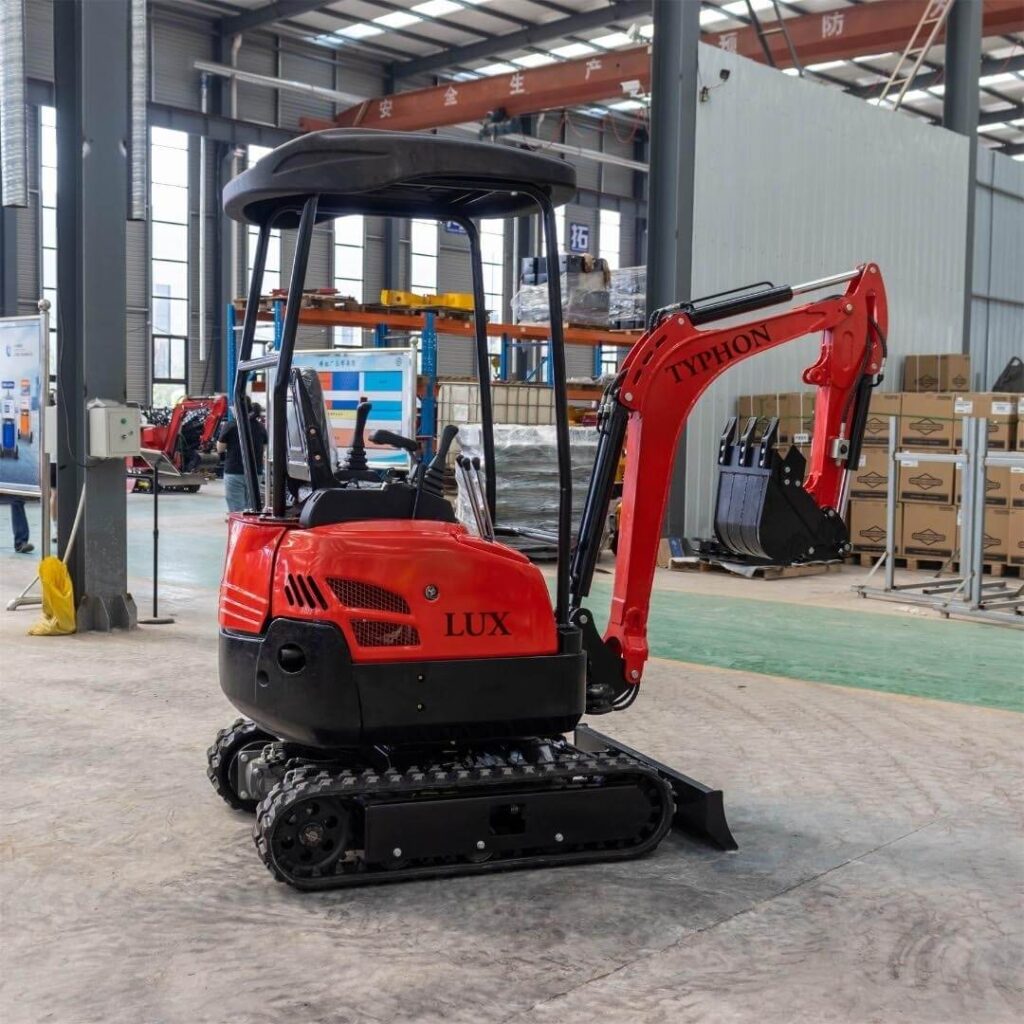
Never Operate in Unsafe Conditions
The weather can have a significant impact on the safety of mini excavator operations. Steer clear of using the equipment in severe weather—heavy rain, snow, or strong winds—as these might compromise stability and vision. Furthermore, be careful on loose ground or slick surfaces that can let the machine slide or tip over. Operations should be postponed until conditions allow to guarantee the operator’s and the equipment’s safety.
Keep the Machine Stable on Uneven Ground
Operating a small excavator raises serious safety issues, including stability. Uneven or unstable ground could cause the equipment to tip over and result in mishaps and injuries.
Evaluate the terrain and make any required changes—such as ground leveling or stabilizer use—before starting work. Move the machine slowly and steadily; avoid abrupt direction changes that can impair stability.
Refuel and Service the Machine with Care
Maintaining a small excavator in safe running order depends on regular maintenance. Use manufacturer recommendations for regular service, including lubrication, filter replacements, and oil changes.
Use care to prevent spills and fire dangers while refilling the machine. Before refueling, make sure the engine is switched off and let cool. Good maintenance and refueling techniques help to avoid malfunctions and increase equipment lifetime.
Shut Down and Secure the Machine Properly After Use
Properly shutting down the mini excavator and securing it will help to avoid accidental movement or unwanted access when the daily tasks are over. Turn off the motor, lower the boom and attachments to the ground, then remove the keys.
If the equipment will be left unattended for a long time, think about adding extra security features like chains to secure the excavator or locking systems.
Real-life Case Studies
Actual events highlight the need for following safety guidelines while running small excavators. One instance of a construction site mishap happened when an operator neglected to keep a safe distance from power lines, therefore causing electrical contact and harm.
In another event, incorrect load management resulted in a small excavator tipping over, damaging equipment and causing delays. These events draw attention to the importance of being alert and following safety rules to stop such incidents.
Conclusion
Operating mini excavators calls for including safety precautions to safeguard people, tools, and the surrounding area. Following the 10 basic safety guidelines described in this article can help you to reduce hazards and establish a better workplace.
Maintaining current with best practices and guaranteeing a safe operation depend on constant learning and following safety criteria. To increase awareness and support a safe culture, forward this message to industry colleagues and friends. Working together, we can make building sites safer environments for all.

